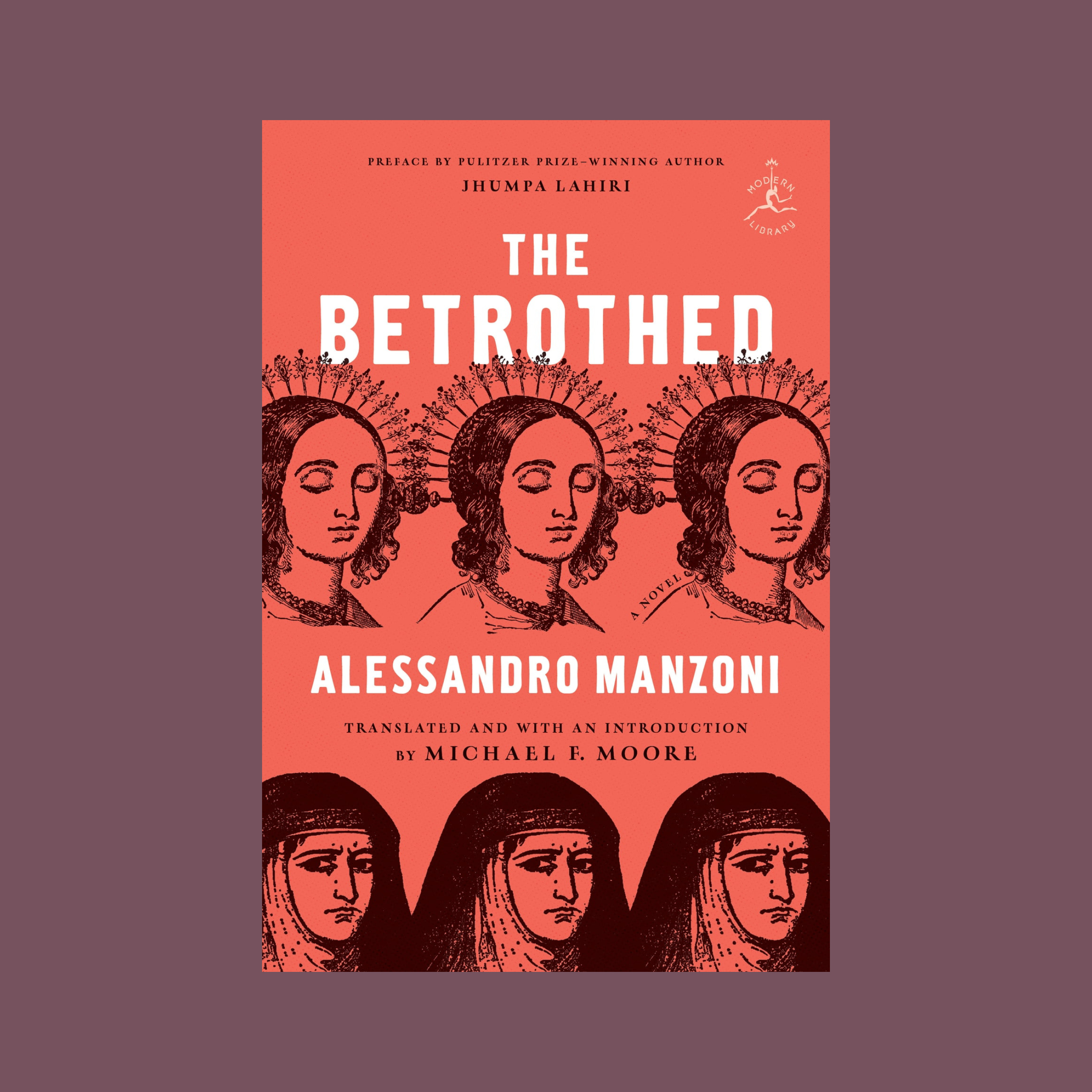APS TOGETHER
Day 25
The Betrothed by Alessandro ManzoniChapter 19
March 17, 2023 by Michael F. Moore
I love this chapter. The elaborate choreography designed to elicit a “favor.” The impressive guest list engineered to flatter the Father Provincial. The revelation of the true purpose of the invitation. The coded conversation between two powerful men.
But first, an anecdote. The translation of hierarchical titles is not my forte. I couldn’t tell you the difference between a Royal Highness and a Serene Highness (I’m not asking for an explanation, dear reader). So when I came to the term “Padre Provinciale,” I checked the Catholic Encyclopedia (New Advent), and eventually settled on “Father Superior.” To be on the safe side, I decided to check with a Capuchin, and found a friary in Delaware. When I phoned, I was connected to a Brother Cyprian, who in answer to my initial question, told me to just call him Cyprian. It turned out that he knew both Italian and the novel. At my suggestion of “Father Superior,” he cut me off: “Saint Francis would never condone the use of hierarchical titles. We are all equals.” He gave me not only a solution, but a lesson in life. Thank you, Cyprian!
The sycophants at the table:
“They said yes to everything, starting with the soup course. They said yes with their mouths, with their eyes, with their ears, and with their whole heads, whole bodies, and whole souls. By the time the fruit came round they were little more than men who no longer remembered how to say no.”
At an Italian dinner the fruit course is served last, leading to the saying “siamo alla frutta,” meaning, “we’re done for!”
The central scene begins:
“Two authorities, two gray-haired men, two seasoned veterans, stood face-to-face.”
“‘Ah,’ said the Provincial to himself, ‘he wants a favor.’”
How I struggled with this passage, which in Italian simply reads, “Ho inteso – è un impegno.” An impegno can be a commitment, an obligation. I pestered my Italian colleagues for a translation, and they, too, couldn’t quite grasp it. The Italian-English dictionary was no help. A good look at the circumstance, however, made it obvious. All along the friar is wondering what all this pageantry is about. When the Count Uncle begins his preamble, a little light bulb goes on.
Manzoni draws back not only the curtain, but also the backdrop to the scene he is depicting:
“For anyone witnessing this exchange, it would be as if, while at the opera, the backdrop had been raised too early, by mistake, in the middle of the scene, revealing the singer—unaware that the audience is watching—chatting freely with a colleague.”
The Father Provincial must defer to the Count Uncle’s request. In return he exacts a “favor” of his own.
“It would be wise, on this one occasion, for your nephew to make some show of, some public display of friendship, of regard… not so much for us, but for the order…”
Although I dislike generalizing about Italian life, this chapter captures an essential feature: the bonds of mutual favors and networks of interlocking obligations that shape Italian life.
In the final pages of this already rich chapter, a major character is introduced: the Nameless One, whose back story is introduced with a disclaimer:
“I cannot give his first name, family name, title, or even guess as to what they might be: all the stranger, since we find records of him in more than one book (printed books, I mean) from that period. He is undoubtedly the same character, since all the facts match up, but everywhere great effort has been taken to avoid stating his name, as if it might scorch the pen and hand of the writer.”
